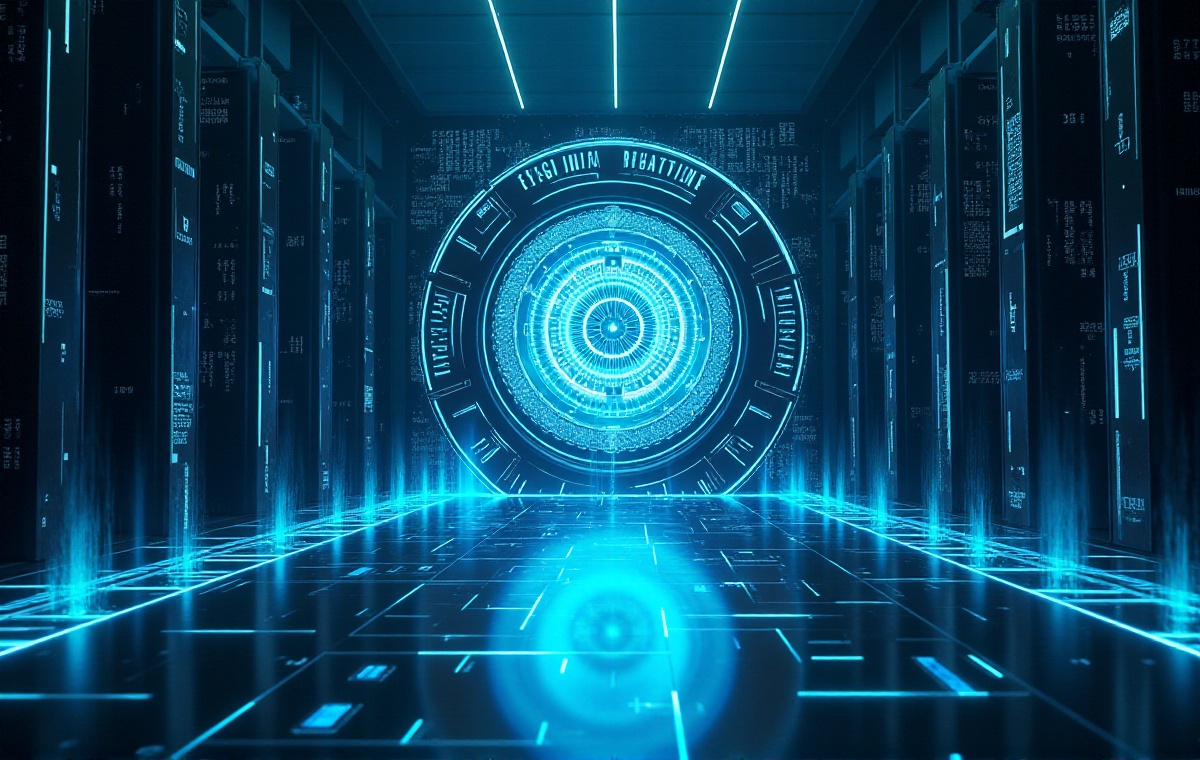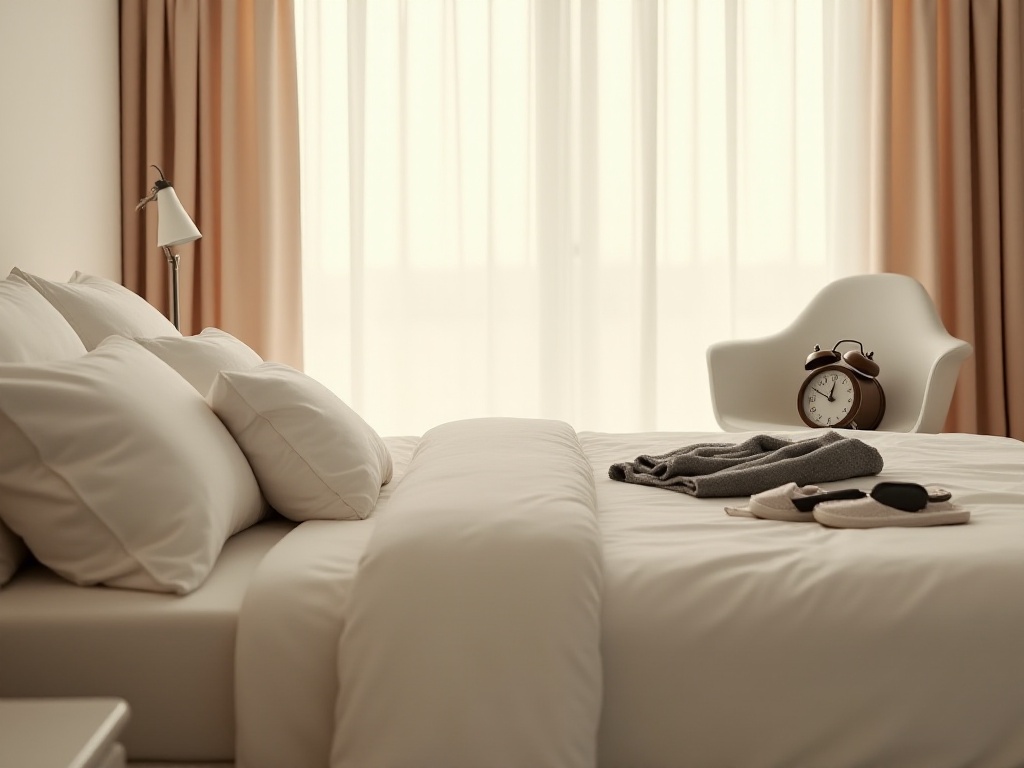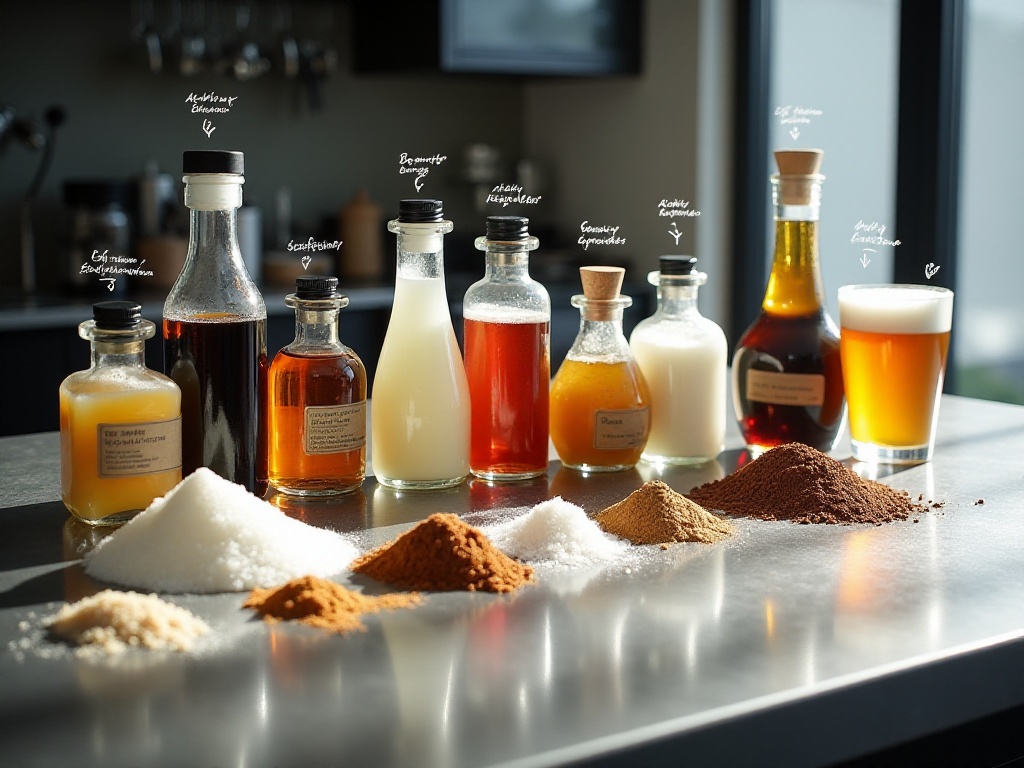Opening Words
Today I want to share a topic I've been particularly interested in lately - time management. I know many of you face this struggle: spinning like a top every day, and after scrolling through short videos, watching livestreams, and following TV series, the day is gone. Looking back, it feels like nothing meaningful was accomplished. This feeling is really awful! I used to be like that - feeling busy every day but not getting important things done, not finishing a single episode of anime I wanted to watch, not winning a single game I wanted to play. Until I started practicing these methods, my work efficiency increased by 50%, and I even had more time for gaming. Want to know how I did it? Keep reading to find out!
Planning Ahead is Important
To be honest, I used to hate making plans - I was the type who got a headache just seeing the word "plan". I thought planning was too rigid, and since plans can't keep up with changes anyway, it seemed better to just do things as they came to mind. The result was constant firefighting and feeling overwhelmed every day.
Have you ever experienced this: You check your phone in the morning and suddenly remember you have a report due today, so you skip breakfast to rush the work and grab whatever for lunch. Or on Friday afternoon you suddenly remember you have a presentation next week, and your planned weekend date and gaming session all go down the drain. Every time this happened, I wanted to slap myself, but I would still forget the next time.
Later I discovered that rather than cramming at the last minute, it's better to develop a habit of planning ahead. Now I spend 10 minutes before bed planning what needs to be done the next day. Not a rigid schedule, but a list of 3-4 most important tasks. For example: "Complete quarterly report draft, prepare next week's presentation slides, reply to important emails." This way I know what to do when I wake up and won't be in a panic.
The key is, I found that planning ahead not only makes work more organized but also makes my entertainment time more enjoyable. For instance, knowing I have a report due tomorrow means I won't stay up late gaming tonight; knowing I have a presentation on Friday means I'll prepare in advance so I can enjoy the concert on the weekend worry-free.

Automation is Powerful
Speaking of improving efficiency, we must talk about automation. With so many useful apps available now, why not make good use of them? I used to be an app hoarder with dozens of productivity apps on my phone that just collected dust. Until one day, I realized that instead of spending time deciding which app to use, it's better to properly utilize a few of the most practical ones.
For example, I used to manually track expenses and pay bills every month, often forgetting and having to pay late fees. Once I forgot to pay the utilities and came home to find the water and electricity cut off - talk about embarrassing. Now? I use a budgeting app to automatically record expenses and set up automatic payments. Not only does it save time, but it also helps me save money. According to my calculations, this alone saves me 2 hours per month, which adds up to 24 hours a year - that's a whole day. I can use that day to game or watch anime - isn't that great?
Email management is another example. I used to reply to emails as soon as they came in, constantly interrupting my work. Now I use email client filters for automatic categorization and priority flagging, and only process emails at set times. This has not only improved efficiency but also my mood.
For schedule management, I now use a calendar app with reminders, setting alerts one day ahead for important meetings and deadlines. This prevents last-minute scrambling. I remember once I almost missed an important client meeting, but thankfully the calendar reminded me in advance so I had time to prepare.
Tips for Efficient Work
The Pomodoro Technique Really Works
When it comes to working efficiently, we have to mention the Pomodoro Technique. Simply put: work for 25 minutes, rest for 5 minutes. I've been using this method for over six months with great results. At first, I thought 25 minutes was too short to accomplish anything. But in practice, I found that the short timeframe actually makes it easier to concentrate.
I remember once when I had to write an important report - previously I might have written while checking my phone, dragging it out for an entire day and still not finishing. Using the Pomodoro Technique, I divided the report into sections and focused on completing one part per Pomodoro. During these 25 minutes, I would mute my phone and turn off all social media notifications. As a result, I finished in just 4 Pomodoros (2 hours). With the time saved, I could do many things like gaming, watching shows, or exercising.
The best thing about the Pomodoro Technique is that it gives me a clearer understanding of time. Before, I always felt like a day was long but it would slip away without notice. Now with the Pomodoro Technique, I can clearly know what I did in each time block and how much my efficiency has improved.
Task Categorization is Important
Grouping similar tasks together is such a useful technique. For example, I now concentrate my email time from 9:30-10:30 AM and schedule all meetings in the afternoon. This way, I don't have to frequently switch between work modes, which naturally improves efficiency.
I used to make this mistake: while writing a report, I'd suddenly remember to reply to an email, and after finishing the email, remember I needed to prepare meeting materials. At the end of the day, I felt busy but nothing was done well. Now I categorize tasks, putting all creative work (writing reports, making presentations) in the morning when my mind is freshest, and routine tasks (replying to emails, organizing documents) in the afternoon since they're more mechanical and require less creativity.

Space Management is Also Key
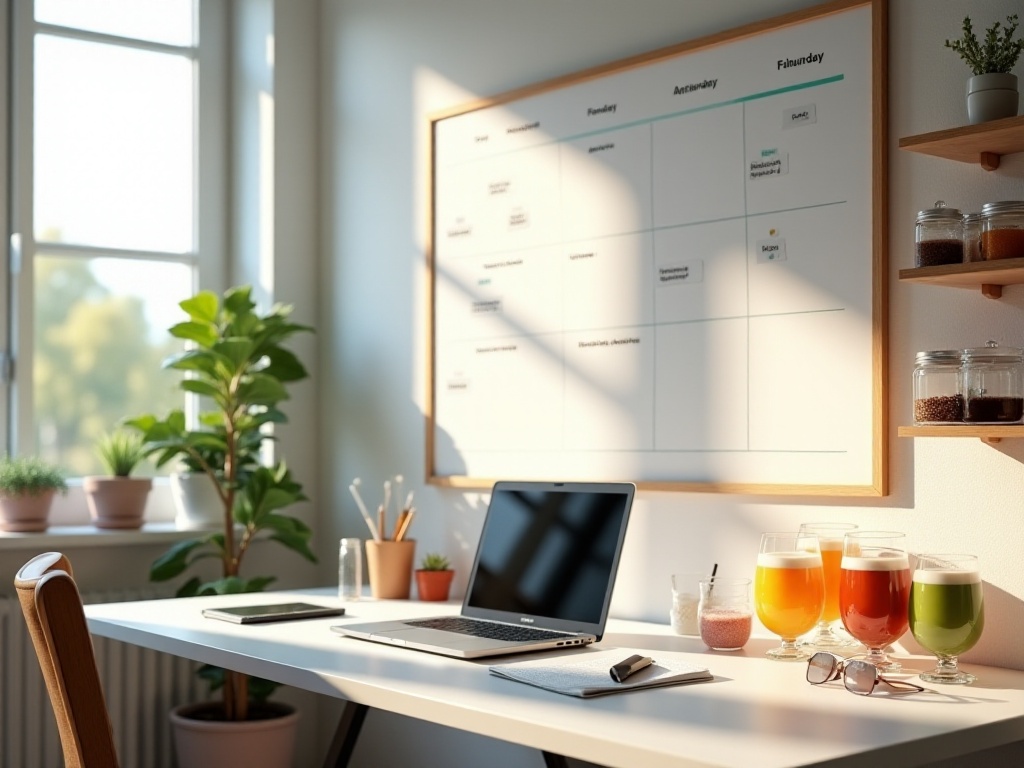
Physical Space Organization
Space management is equally important. I recently reorganized my desk, placing frequently used stationery and equipment within arm's reach. Did you know? Research shows people spend an average of 23 minutes per day looking for things. After organizing my workspace, I save at least 15 minutes daily.
My desktop is now divided into zones: most frequently used items (laptop, phone, water bottle) in the most accessible position; regularly used stationery (pens, sticky notes, stapler) on the right side; less frequently used items (folders, spare headphones) in drawers. This way, I don't break my concentration looking for things while working.
Plus, I've found that a tidy workspace really improves mood. My desk used to be a mess with mountains of files, taking forever to find anything. Now I spend 5 minutes tidying up before leaving work, and it feels great coming in the next day.
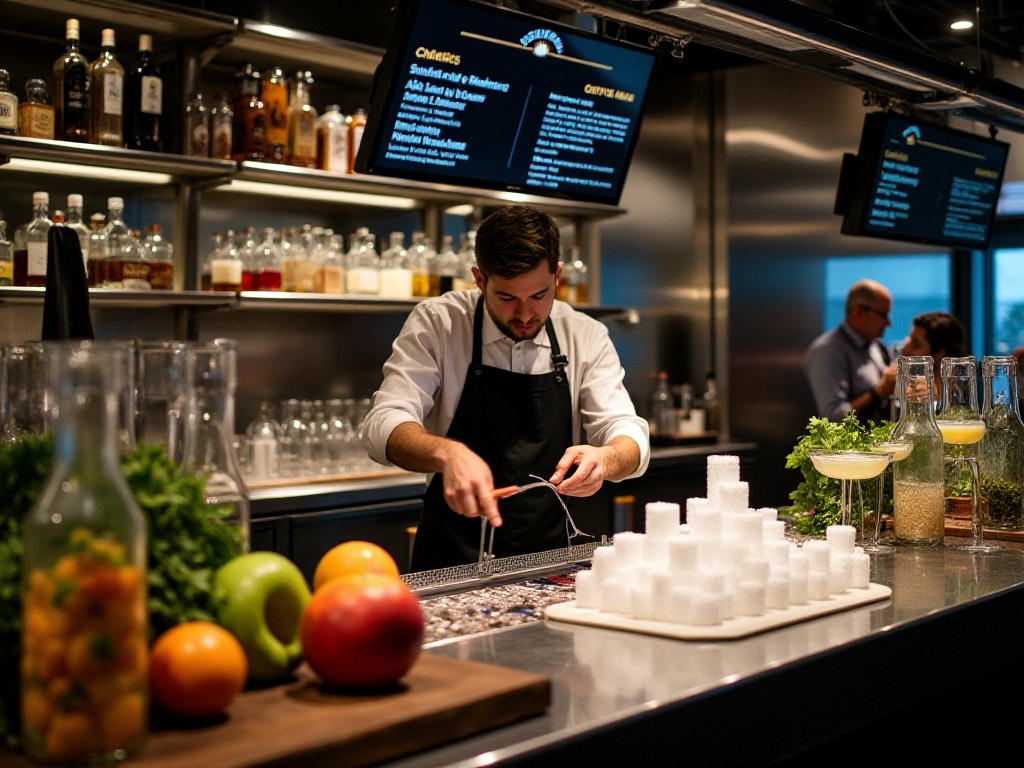
Digital Space Organization
Speaking of organization, don't forget digital space. My computer used to be chaotic with files everywhere, taking ages to find documents. Now I have categorized folders for all files with a unified naming system, reducing search time from 5 minutes to 30 seconds.
My folder structure is organized by project, then subdivided by file type (documents, images, presentations, etc.). Files follow a naming convention like "ProjectName_FileType_Version_Date", making it instantly clear what each file is.
I keep only the most frequently used software icons and current project folders on my desktop, with everything else in the document library. This not only looks cleaner but makes finding things much easier.
Regarding digital space organization, here's another tip: make good use of shortcuts and automation tools. For example, Windows+D quickly shows the desktop, Windows+E opens File Explorer. These small tricks add up to significant time savings over a day.
Final Thoughts
These methods sound simple but aren't easy to stick to. I suggest starting with one or two methods that interest you most. For example, begin with organizing your desk, and once that becomes a habit, try the Pomodoro Technique. Take it slow, don't rush - the important thing is forming habits.
Through these methods, I've not only improved work efficiency but reclaimed my personal time. Now I can leave work on time and still have time for shows, gaming, and exercise. Most importantly, I'm no longer as anxious because I know my time is being spent where it should be.
By the way, do you have any unique time management methods? Feel free to share in the comments - you might help others!

